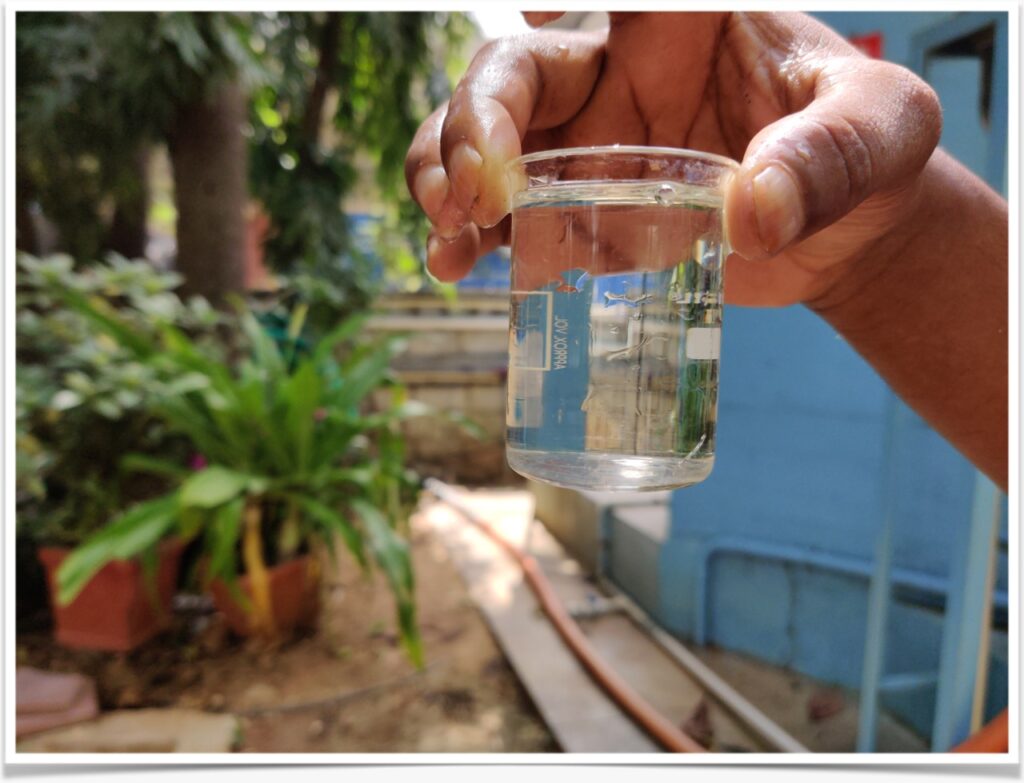Undoubtedly water is the most precious natural resource that is also an important necessity of life. Water is not only found useful for domestic purposes but it is also indispensably used for industrial purposes. Though it is found in abundance, but a major part of the water found is contaminated and only 1% of the water is suitable for drinking. Thus water should be properly treated to make it reusable. Here the need for Effluent Treatment Plants in India comes into play. Effluent Treatment Plant is used in India to clean industrial effluents as well as contaminated water of rivers and lakes to make water reusable for additional purposes. This plant also prevents the environment from the harmful effect caused by the effluent.

ETP is a type of wastewater treatment plant that is designed to purify industrial water or effluents that contain various materials, depending on the industry from which it is generated. ETP plant is commonly used in industries in India where there is a higher chance of water contamination like pharmaceuticals, textiles, tanneries, and chemicals. However, the treatment process may vary from industry to industry. Effluent treatment is a type of wastewater treatment method carried out to purify industrial wastewater for either reuse or to release safe water to the environment. The effluent treatment plant in India is designed to solve the environmental pollution problem created by the waste material of the company without exposing the waste to the environment.
Depending on the type of industry, effluents contain various materials such as oils, grease, and even some toxic materials. Effluents from food and beverage factories have degradable organic pollutants and some industrial effluents contain a diversity of impurities so these industries need to have Effluent Treatment Plant. This plant works at different levels and carries out various physical, chemical, biological, and membrane processes to treat wastewater from different industries like drugs, pharmaceutical, dairy, and textile, etc.
Some of the benefits of installing effluent treatment plants include:
- Reduce the freshwater use in the industries
- Clean industrial effluent and recycle it for further use or safe disposal
- To meet the standards set by the Indian government for pollutants emission to avoid penalty
- Saves our planet by removing unsafe chemicals from the water and make sure that water entering the ground has no negative effect on the planet.
ETP purifies wastewater generated from households and industry and the treatment process results in reusable clean water and helps to save water and our planet. The wastewater treatment process is usually based on the aerobic respiration method comprising of three stages namely primary, secondary, and tertiary treatment. The water in the ETP is passed through processes like chemical dosing, aeration, and settling. The final treatment process is filtration cum absorption that is done with the help of filters. Lastly, the processed water goes for advanced treatment to make the water useable for irrigation and other purposes.